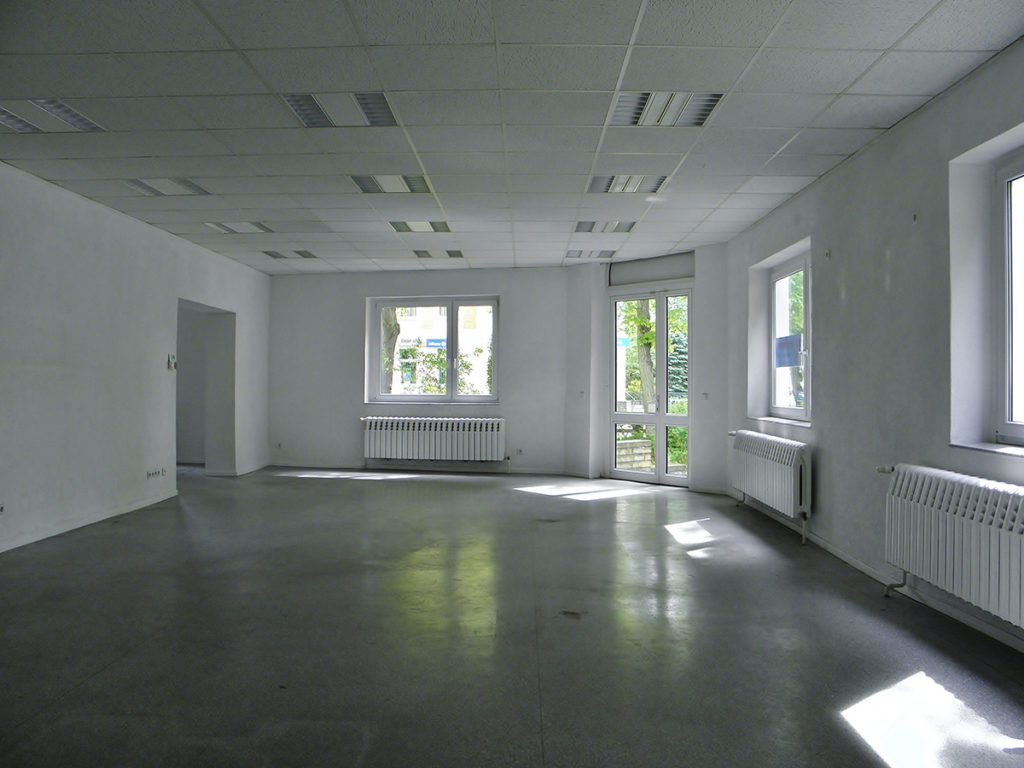How do Construction Liens Impact a Commercial Landlord in Florida?
Reading Time: 5 minutes
Pursuant to Florida’s construction lien law, an owner of real property who contracts for improvements to the property is subject to construction liens against the property. However, the lien law is somewhat unique for commercial properties, as the commercial landlord and the tenant can both be considered owners of the property, depending on which of them contracts for the improvements. Therefore, where the tenant contracts for the improvements, the leasehold interest itself is subject to the contractor’s lien. Nonetheless, commercial landlords should, understandably, be more concerned about when their ownership interest in the property can be the subject of a construction lien.
The Basics For Landlords’ Lien Liability
Under § 713.10, a construction lien extends only to the right, title and interest of the person who contracts for the improvements to the property. In most cases, this is the owner of the property. However, in the commercial real estate context, tenants will often engage contractors for build-outs, improvements, and refurbishing work. Normally, this would mean that the landlord’s interest in the real property would not be subject to a potential construction lien. However, if the improvement is made by a tenant pursuant to any agreement with the landlord, the lien extends to the landlord’s interest in the property. If a landlord is to be liable for a construction lien, it will only be where the tenant is required by the lease to make the improvements giving rise to the lien, or where the improvements are the “pith of the lease,” meaning that they are essential to the lease.
The Prior Law Governing Tenants And Construction Lien Claims
In the past, even if the lease required the improvements or they went to the pith of the lease, the landlord could still avoid lien liability by including a waiver of lien liability in the lease agreement and then recording it with the county in which the property as located. However, it’s easy to see the flaw with that paradigm: many landlords and tenants did not want their leases becoming public record; also, for some landlords with large holdings, it also posed a cost problem. To remedy these problems, the law was amended such that the landlord could record a short form of the lease or, if all of the landlord’s leases prohibited lien liability, the landlord could record a blanket notice regarding its refusal of lien liability.
However, even these remedies had problems. For instance, the blanket waiver was found ineffective where the landlord recorded the notice disavowing liability for any liens, but one lease out of many in the landlord’s shopping center did not contain the proper lien prohibition language. Additionally, the recordation of the leases or a short form of them also proved problematic in that, even when the leases themselves expired, they remained of public record, thus creating expensive and time-consuming title issues for the properties when they were put up for sale.
The Current Florida Law For Commercial Real Estate Construction Liens
In response to these issues, the law was again amended such that now, under § 713.10, a landlord can be immune from lien claims by recording a blanket notice, which will be effective so long as the particular lease at issue, as opposed to all of the landlord’s leases, contains the necessary lien prohibition language.
Also added to the lien law was a provision that allows lienors to the right to obtain from the landlord a verified copy of the lease provision that prohibits lien liability for the landlord. If the landlord does not provide the verified copy within 30 days of demand, then the landlord’s interest in the property will be subject to properly-perfected construction liens, so long as the lienor did not have actual notice that the landlord’s interest was not subject to liens for improvements.
A Short Note On Notices of Commencement
Tenants will sometimes request landlords sign the notice of commencement for their construction work. The unsuspecting landlord may sign the NOC, thinking that it is not an important or critical document. However, while the landlord should analyze the NOC’s content to ensure its accuracy, it could be a costly mistake if the owner signs the NOC. By signing that document, the landlord is opening the door for later claims by unpaid contractors, subcontractors and other lowered-tiered construction professionals, and materials suppliers to argue that the landlord asked their work to be done and is responsible for paying them.
Considerations And Best Practices For You As A Commercial Landlord
The biggest takeaways for landlords with regard to Florida’s lien law are that they can, and should, take steps to protect themselves from liens, and that they should be vigilant as to any demands from construction professionals for copies of lease terms. Before construction work even begins, landlords should be ensuring that they do not sign Notices of Commencement for construction work being ordered by their tenants. Landlords should ensure their leases contain anti-lien provisions, and should also record the necessary notice(s) in the public records to protect them from construction liens for tenants’ unpaid bills. Landlords must also ensure to timely respond to any lienor who demands a copy of the anti-lien lease terms from them, as the penalty for failing to do so is dire.
Of course, all of this is predicated upon the presumption that the lienor has properly perfected its lien rights with respect to the property. Given the complexity of Florida’s lien law, that is not a certainty. Part two of this blog will give landlords all they need to know regarding Florida’s lien law.


